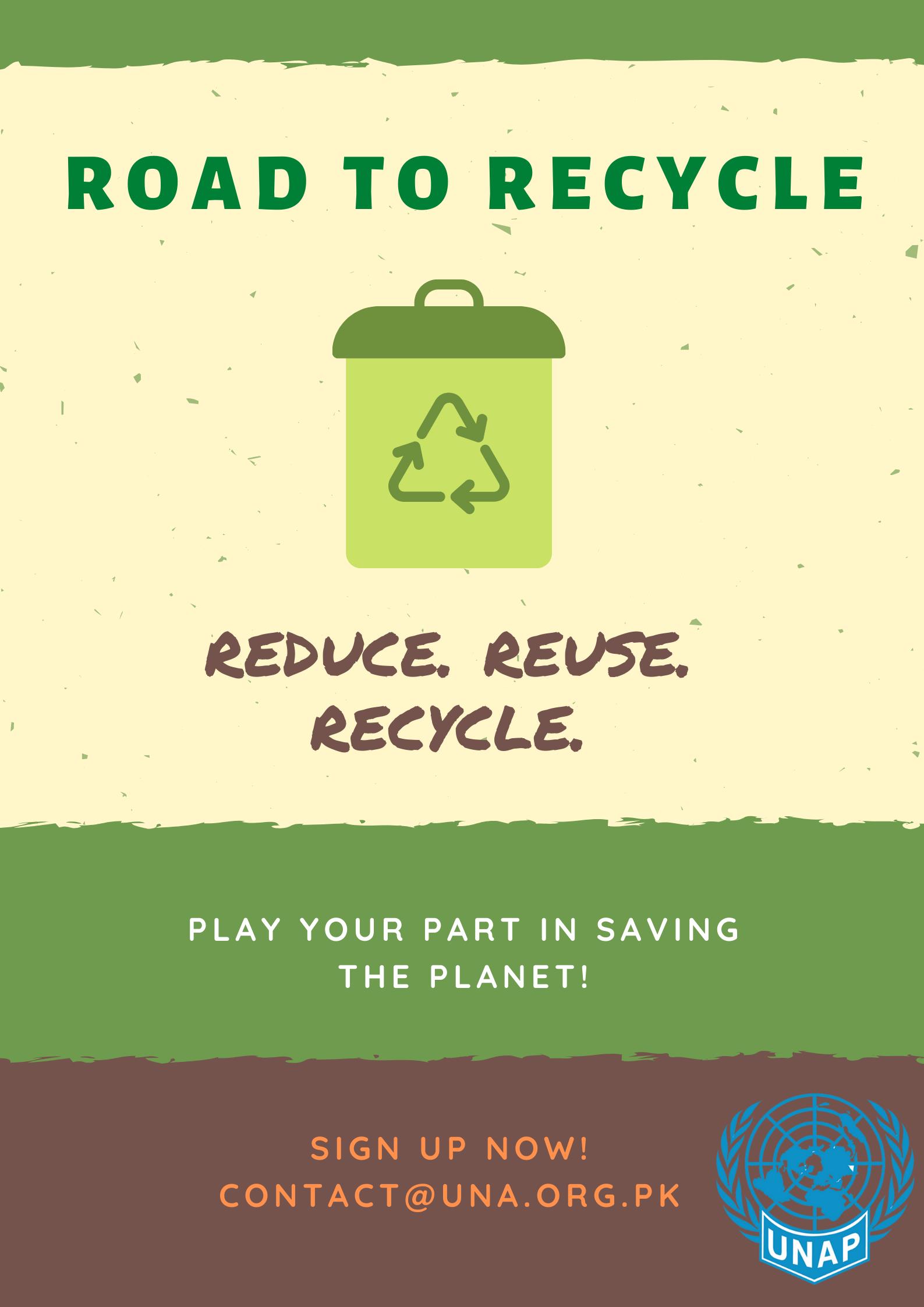Pakistan is one of the youngest and fastest developing countries of the world. Karachi is among the most polluted cities in the world. The air of the city is polluted with high levels of lead and cadmium that pose a grave risk to public health, says a recent study that also points out that the average concentration of these plastics found in residential areas of Karachi is higher than those found in Delhi and Beijing.
In another environmental study, the research team has found that Karachi, Pakistan, holds the world’s title for ozone. Of the nearly 300 measurements collected over 1 year, roughly a third exceeded what the researchers considered a “harmful” threshold for ozone, which can lead to smog. Our very own has taken the initiative to tackle the growing recycling problem. His team came up with the idea of recycling used cooking oil that is disposed off in the oceans/rivers, contributing to more than 50% of the total #oil disposal. This used cooking oil can be recycled to make eco-friendly valuable products such as soap, candles & others with low cost and labor involved. His idea was appreciated & recognized by the team of experts, facilitators and international investors/organizations. He has plans to scale and bring this idea into action.
| QUICK FACTS | |
| Duration: | 2020 – 2021 |
| Location: | Pakistan |
| Project Details: | Download Full Project Brief |
| Further Details: | contact@una.org.pk |
QUICK FACTS
Duration:
2020 – 2021
Location:
Pakistan
Project Details:
Download Full Project Brief
Further Details:
contact@una.org.pk
Programme Outputs
- Recycling of a wider range of post-consumer plastic packaging, together with waste plastics from consumer goods and ELVs will further enable improvement in recovery rates of plastic waste and diversion from landfills.
- Coupled with efforts to increase the use and specification of recycled grades as replacement of virgin plastic, recycling of waste plastics is an effective way to improve the environmental performance of the polymer industry.
- By utilizing waste products in a constructive way, we can slowly decrease the size of our landfills. As the population grows, it will become difficult for the landfills to hold so much and trash.
- When this happens, our cities and beautiful landscapes will face pollution, poisoning and many health problems. The benefits of recycling are that it helps to keep the pollution in check and decrease it little by little.

